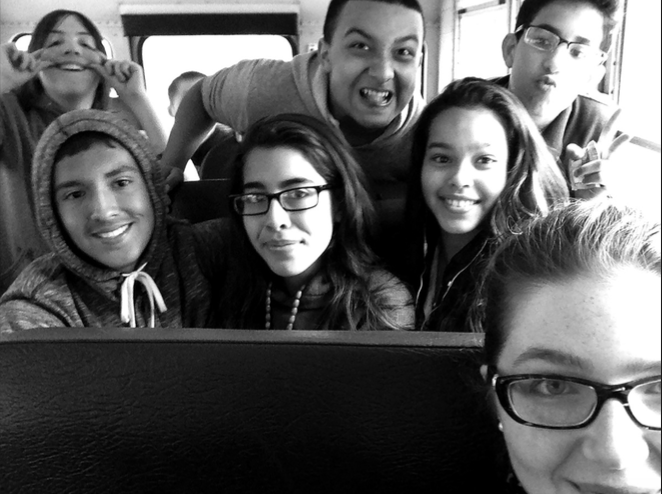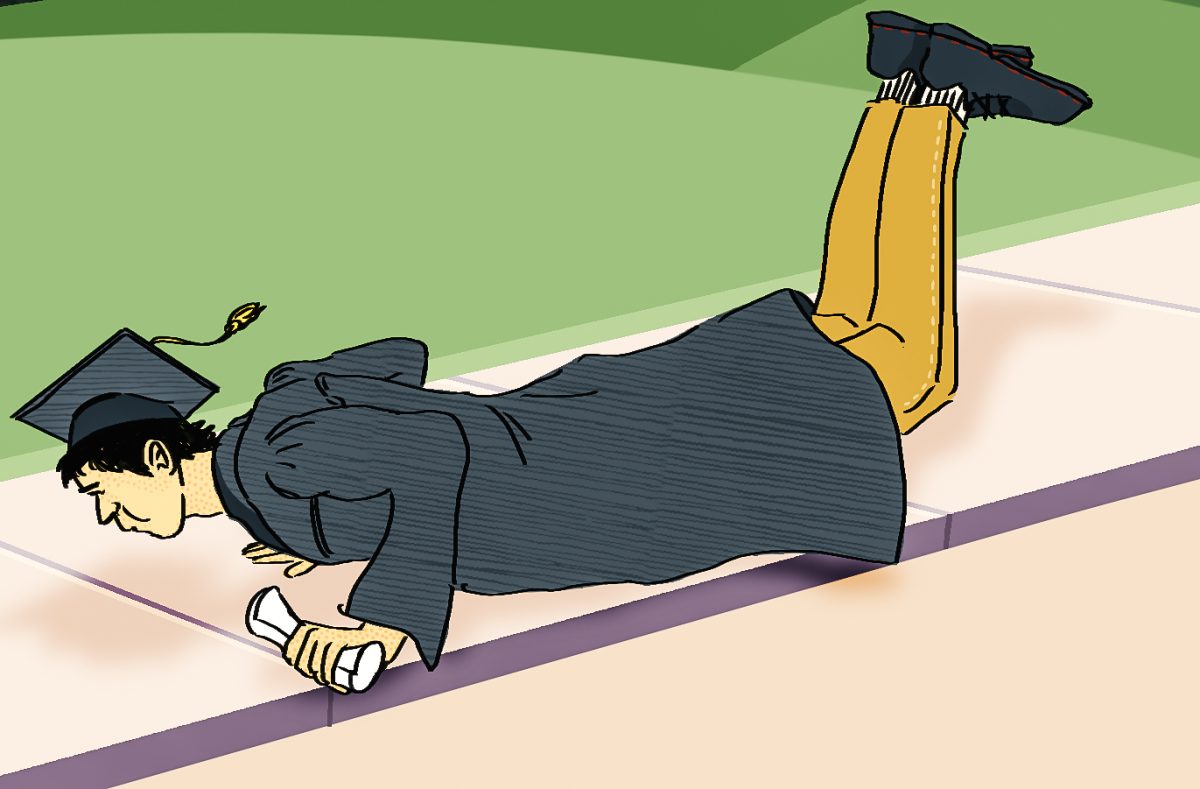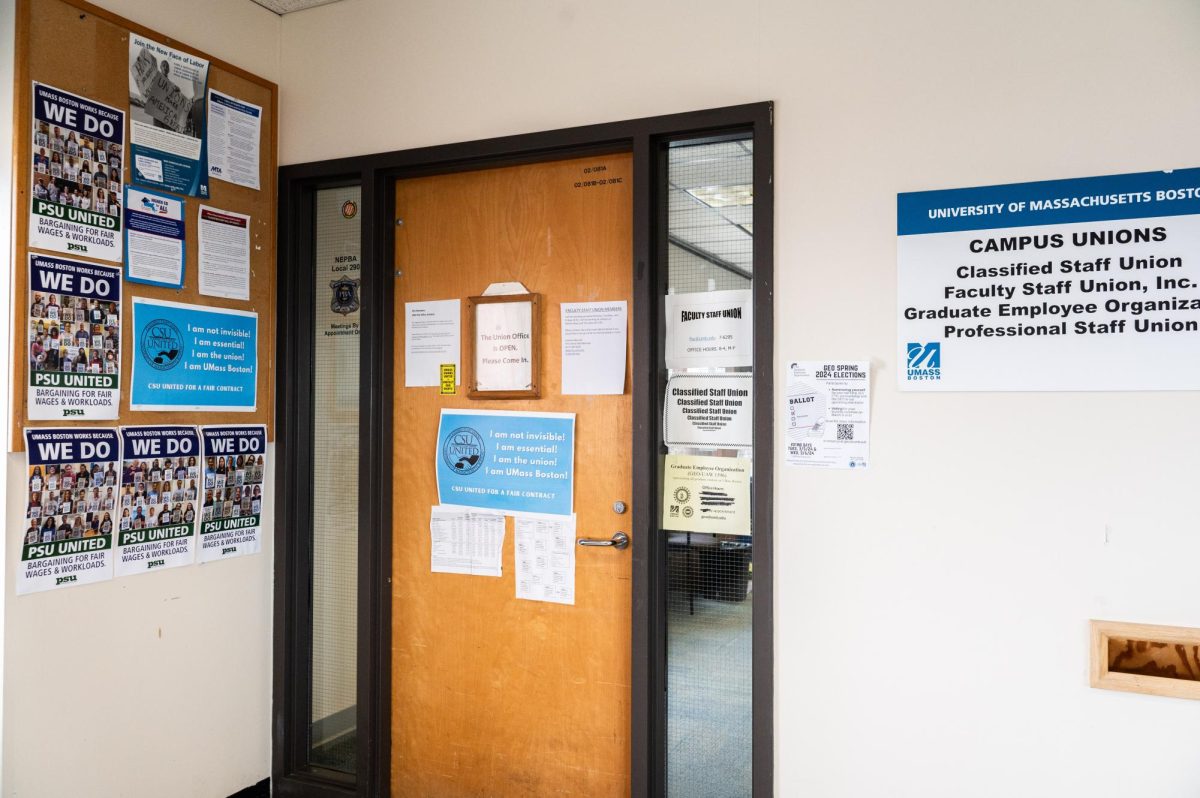According to the National Center for Education Statistics, 40 percent of full-time college students and 74 percent of part-time students were employed in 2020. [1] In my experience, it’s college-aged students and younger who are most likely to be taken advantage of by employers. Workers our age probably have worked fewer jobs than older workers, are less used to the ins and outs of negotiating with managers, and with classes and extracurriculars to worry about, are probably too busy to even care that much. These are the exact reasons, however, why it’s more important than ever to stay informed and prepared as a college student entering the workforce.
Since America’s founding, the labor rights movement has made impressive progress, but in recent decades, it’s also taken many steps backwards. According to History.com, as early as the 1830s, early labor unions were formed around the country to fight for workers’ rights. Slowly but surely, workers secured higher wages, shorter working hours and safer working conditions, especially after World War II. However, under the Reagan administration, union membership fell drastically, and workers across the country were forced to make concessions to newly-formed monopolies and oligopolies. [2]
Union membership is not the be-all end-all of workers’ rights, of course, and there are plenty of issues with unions on the whole. That being said, even non-unionized workers benefit from unions—think of it like herd immunity. According to the Economic Policy Institute, unions promote general economic equality, and they also improve local communities outside of a purely economic standpoint. Their study found that the states with the highest union densities enjoyed, on average, minimum wages 19 percent higher than the federal minimum, 4.5 percent less people without access to health insurance, and significantly fewer restrictive voting laws. [3]
Unfortunately, the ongoing decline of unions comes at a time when unions are more important than ever. Wealth disparity grows exponentially each year, and the richest people in the world have unfathomable amounts of money, while even the middle class struggles to get by. According to Inequality.org, the richest one percent of Americans own a third of the wealth, and the richest five percent own two-thirds, while the bottom 90 percent own just one fifth. [4] Even without the statistics, it’s easy to see that wealth is slowly concentrating at the top of society, and the average worker is left reeling.
Even if you aren’t in a union—and many students, who may work retail or hospitality jobs, won’t be—there are steps you can take to protect yourself from exploitative bosses. Most important is separating your work life from your home life. Be careful of any employer who advertises a “family dynamic” in the workplace; it oftentimes means employees will be expected to put in more and more hours to support each other “like family,” and any pushback is frowned upon. Keeping a cordial, but professional, relationship with your manager makes it easier for them to do their job, and easier for you to avoid any potential conflicts. For that same reason, if you’re not hired to be on call, your bosses shouldn’t expect you to be on call.
That’s not to say that every worker will be mistreated in every workplace. Many small, family-run businesses have a close connection with their workers, pay them fairly and treat them well. Realistically, though, most college-aged students will probably work for a bigger corporation, and Walmart has no qualms about mistreating its workers. It’s more important than ever to put your foot down in the workplace and to stand up for yourself and your rights.
SOURCES:
[1] https://nces.ed.gov/programs/coe/indicator/ssa
[2] https://www.history.com/topics/19th-century/labor


























































